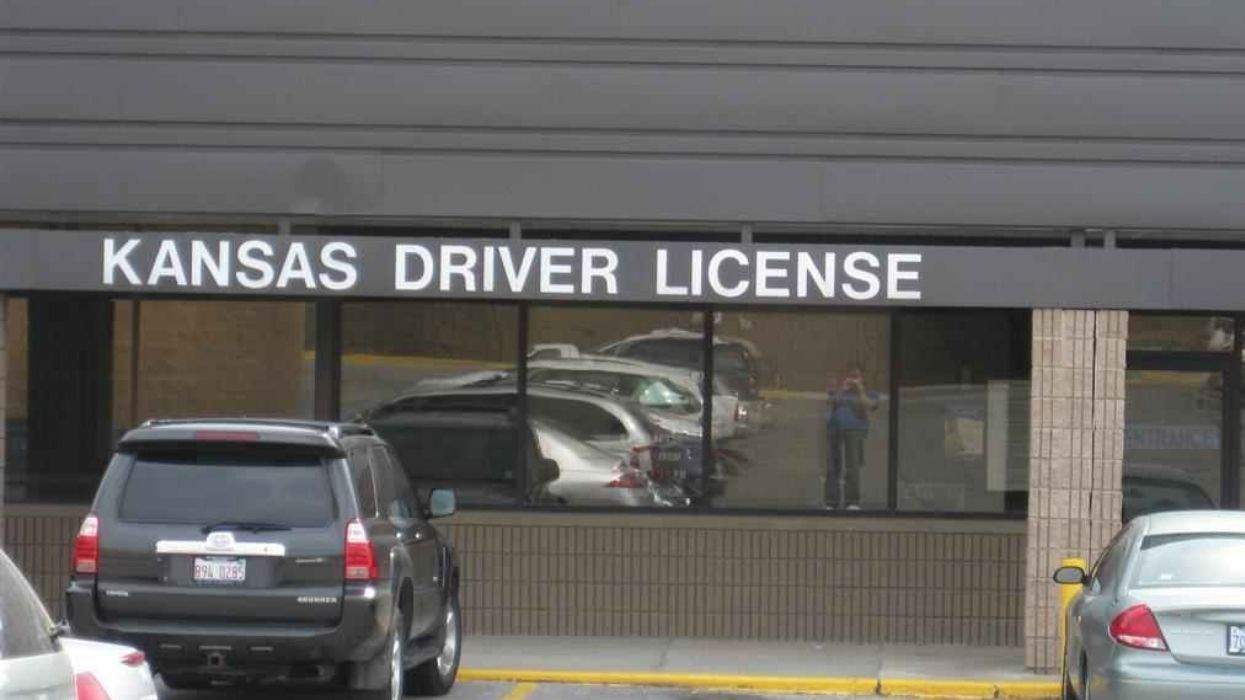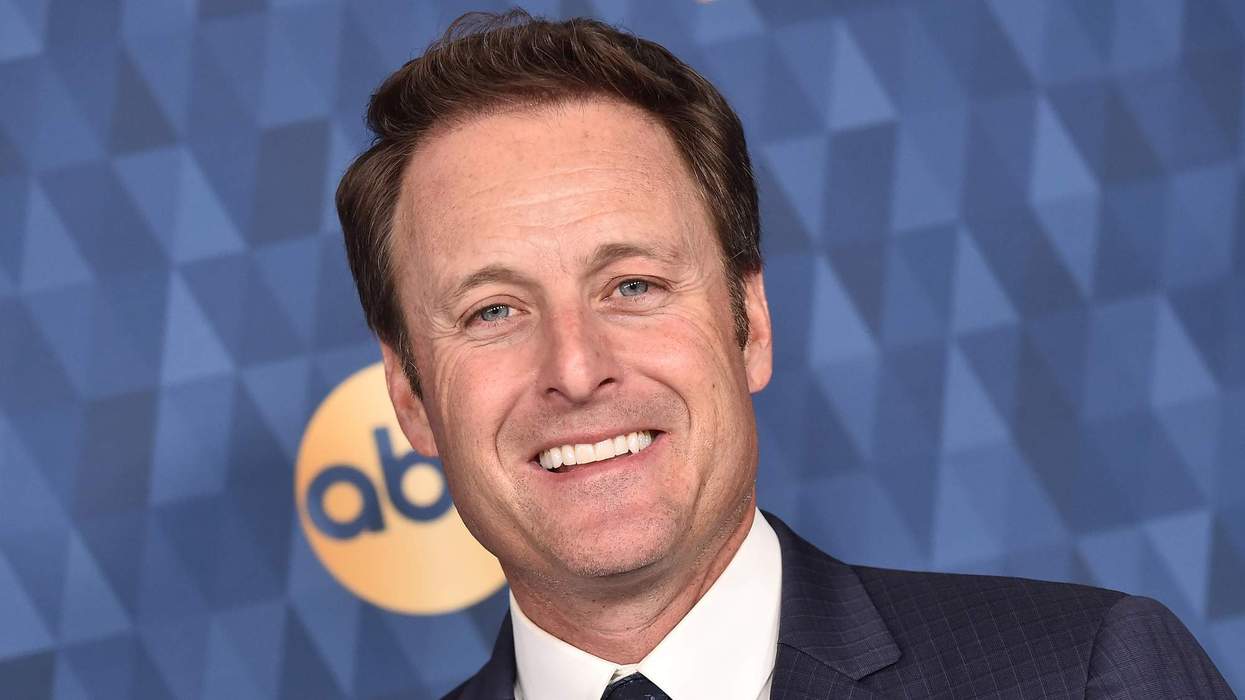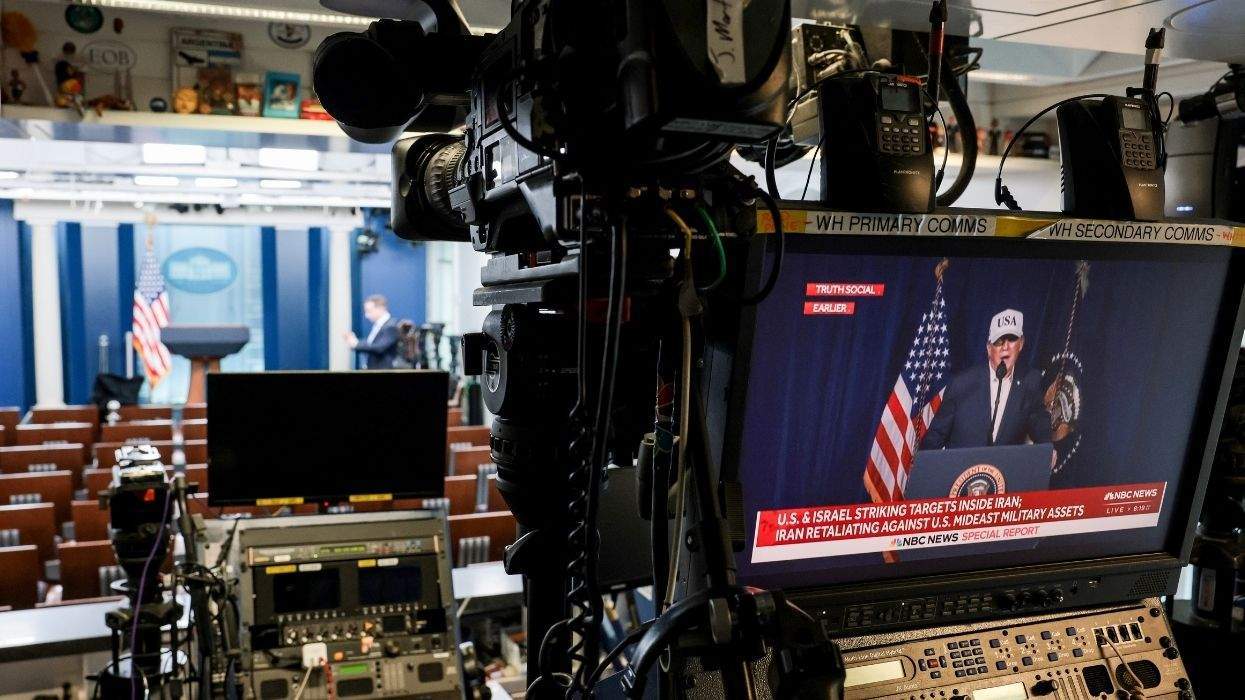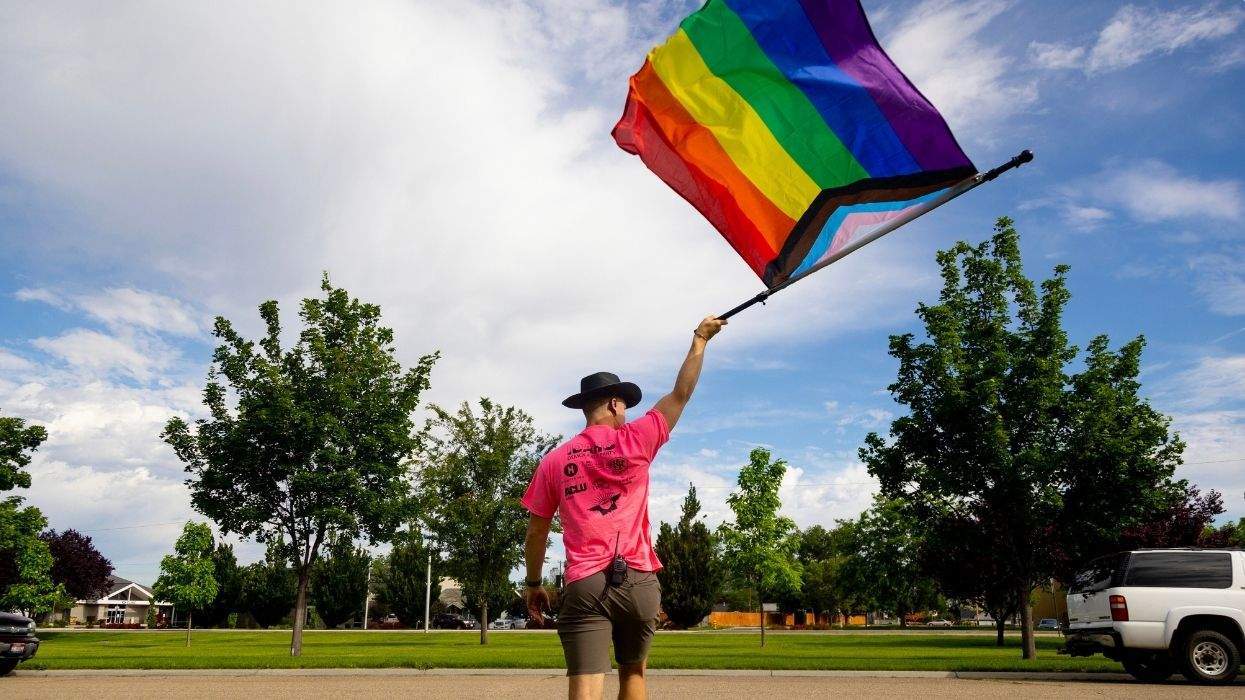Gay rights in Maine and Texas reached a critical crossroads on Tuesday as residents in each state headed to the voting booth. Texans are deciding whether to pass an amendment to their state constitution that will define marriage as the union of one man and one woman. That proposal is in addition to the state's 2003 Defense of Marriage Act, which already bans same-sex marriage or civil unions--even those recognized in other states. In Maine gay rights groups are hopeful that they will defeat a proposal brought by conservatives to repeal a law that recently expanded the Maine Human Rights Act to ban discrimination based on sexual orientation in employment, housing, credit, public accommodations, and education. The act already prohibited discrimination based on race, color, sex, disability, religion, ancestry, and national origin. In Texas a gay rights victory was far from certain. Secretary of state Roger Williams predicted higher-than-usual voter turnout for a constitutional amendment election. He spent Monday urging voters to make their voices count. "There is too much at stake to sit on the sidelines," Williams said. "Constitutional amendment elections are a vital part of our democracy and play an important role in shaping our state's future." Supporters and opponents of Proposition 2, the same-sex marriage ban, waged a heated campaign battle that escalated until Election Day. The pro-Prop 2 group Texans for Marriage launched a television ad over the weekend in the Dallas-Fort Worth, Houston, and Austin markets called "For God's Design." Its message was that the Bible states that God intended for marriage to be between one man and one woman. On Monday amendment supporters arranged for recorded calls from Roman Catholic bishop John Yanta of Amarillo to go out to more than 800,000 Texas households, many of them Hispanic, urging a vote for the proposition. Opponents argue that a constitutional ban is merely a statement of discrimination against gays. They also suggest that the proposed amendment is so poorly drafted that it could endanger common-law or even traditional marriages, depending on how a judge interprets it. (AP)
Gay rights groups
in Maine and Texas make one last push for equality
in Maine and Texas make one last push for equality
Voters in Maine and Texas headed to the polls on Tuesday to determine key questions on gay rights.
















